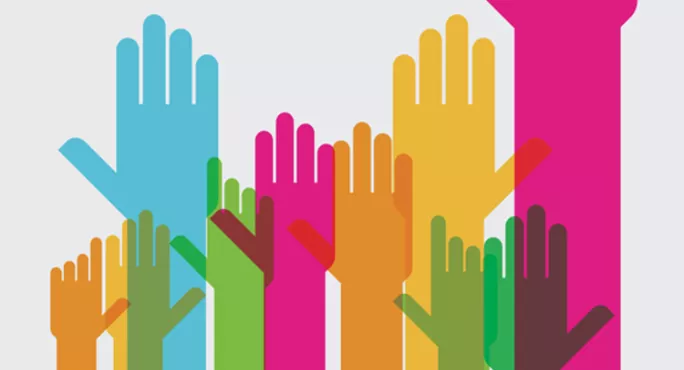4 ways to ensure PSHE content is remembered forever

Learning the vocabulary of a topic is vital in all subjects.
After all, learning new words helps learners become confident and capable in expressing new ideas, concepts and experiences - both in the classroom and the wider world.
This focus is vital in personal, social and health education (PSHE) - especially in international schools where words and phrases can convey very different meanings or be hard to accurately translate to a student’s home language.
After all, PSHE supports young people in acquiring the skills, knowledge and understanding to manage their lives, to be resilient, to express themselves, to talk about their mental health, their bodies and wellbeing, and relationships.
They may not sit an exam, but providing a knowledge-rich curriculum is vital for the young people we teach and our PSHE curriculum should be designed to help young people remember what they have been taught.
Here are four ways we help to do that:
1. Identity the keywords
I have found huge value in providing students with PSHE specialist keywords at the start of each topic.
These are words that all teachers are required to explain, teach, reteach and use within their lesson planning.
As a department, we carefully select which words students need to know and have them displayed in a book or in the classroom. We choose words based on our development lessons aims, which are based on guidance from the PSHE Association and the NSPCC.
Keyword glossaries are usually created in Quizlet or printed off for students - although, with distance learning, electronic copies shared on Google Classroom worked just fine.
From this there may be between 10-25 key specialist words that students will be asked to recall, practice, learn and contextualise in various ways - such as consent, gender, erection, masturbation, vagina and so forth.
Essentially, having the words available supports students in their written responses, as well as building their confidence during discussion, which leads us to...
2. Saying these words out loud
If there are some words in the PSHE classroom that are considered awkward or embarrassing or taboo, how can young people truly learn about the topics we teach? How can they communicate confidently about their own health?
For this, I’m a genuine fan of the Quizlet Live function in PSHE lessons as it helps students to forget that words are awkward or embarrassing as they get lost in the competition element of the tool and automatically start saying the words out loud.
A classroom where students are respectfully calling out health-related words without any hangs ups is a success in my book.
It also teaches our young people that health or body-related words are nothing to be ashamed of, and the use of accurate terminology is important when talking about their own health and bodies.
3. Ask the students to translate
Another way to build confidence is to ask them in small groups to verbally work their way through the keyword glossary and translate as many words as possible into as many different languages as they can.
It also provides a connection to important cultural understandings of the topics we cover. Instantly, students begin to relax and feel confident in sharing what they know and what they don’t know, because it’s much easier thinking and speaking in your home language.
It also helps teachers to understand which words do directly translate, or which words might not even exist outside of the English lexicon.
It makes for an interesting discussion around the power of language as an instrument of culture and can help us as educators to take a moment to reflect on our own qualms and unconscious biases around the language we use too.
4. Recall, recall, recall…
It’s not enough to just share a keyword glossary or get students translating phrases. What’s most fundamental is that students can recall, remember and dare I say learn the definitions before they can apply and contextualise their meaning.
For example, asking students to be able to recall the definition of the word “consent” and examining the application of the word in different contexts and scenarios - ie, within law, health, friendships, family life relationships or social media - is a skill that will serve them well.
This is why it is important to plan opportunities for learning, understanding and recalling key specialist vocabulary in PSHE; to develop a confidence-building environment for using these words correctly.
To help with this, we can make quizzes (or low-stakes testing) of knowledge and keywords a focus in our lessons.
After all, we may not need them to pass an exam, but it is a highly effective way for students to learn - it brings accountability, a bit of rigour and equips them for the future.
Cat Garnett is Head of PSHE and religion, philosophy and ethics at Shrewsbury International School Bangkok. She is also assistant year team leader to Year 11 and founder of Sabaidee RSE, a social media platform advocating for comprehensive relationships, sex and health education in international schools
You need a Tes subscription to read this article
Subscribe now to read this article and get other subscriber-only content:
- Unlimited access to all Tes magazine content
- Exclusive subscriber-only stories
- Award-winning email newsletters
Already a subscriber? Log in
You need a subscription to read this article
Subscribe now to read this article and get other subscriber-only content, including:
- Unlimited access to all Tes magazine content
- Exclusive subscriber-only stories
- Award-winning email newsletters
